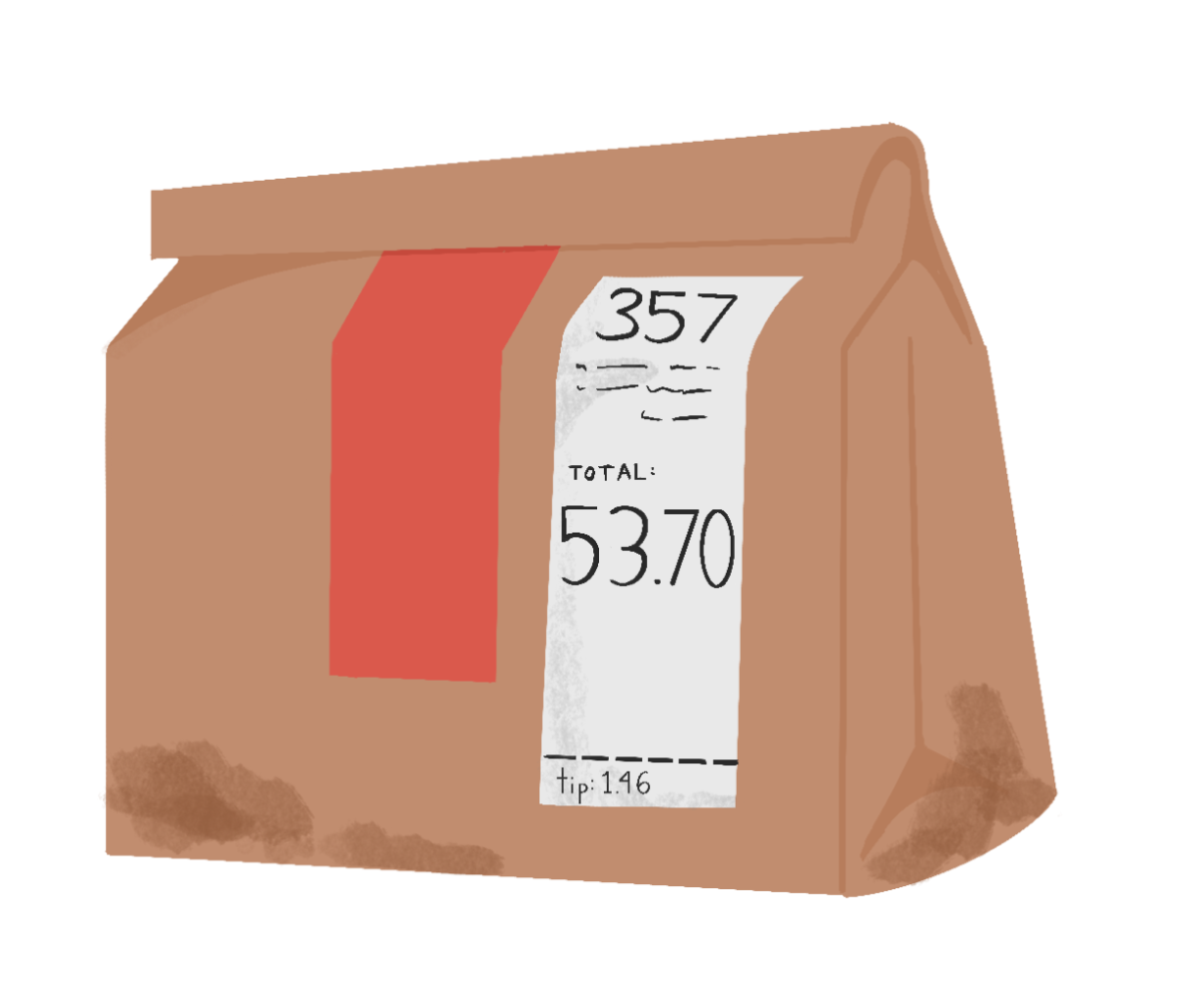Four years have passed since California voters passed Proposition 22 – a law that reclassified some app-based employees as independent contractors – and community members remain concerned about the law’s impact on local workers.
Since Prop 22 was passed, SCHS students have continued to use impacted services like Uber, Lyft and DoorDash. At the same time, they try to consider the needs of the company’s laborers.
Some students, such as junior Avy Balanza, are concerned about the protections workers lost. As independent contractors, they are no longer entitled to minimum wage, unemployment compensation or health insurance.
“I don’t think workers should have their protections, safety and wages decreased just so they get to choose their hours,” Balanza said. “I know for a lot of people, DoorDash driving can be a lifeline, literally. We shouldn’t treat them differently from other workers.”
Senior Martyna Sobczyk is also skeptical of Prop 22’s reasoning, and believes that app-based companies should still be responsible for their workers’ well-being.
“It (DoorDash) seems like a part-time work thing, not an independent contract,” Sobczyk said. “If you’re in a role that’s under the control of the corporation, then you should be given some sort of employee benefits.”
Other students, such as junior Deeya Agarwal, believe that Prop 22 covers a unique type of work. While gig workers may not get employee benefits from their company, Agarwal believes being an independent contractor increases their freedom.
“I feel like it (gig work) is more flexible to your schedule. DoorDashers could pick a specific time that they’re free to DoorDash, so it could be in addition to college or a different job,” Agarwal said.
Social science teacher Karen Henry thinks that a person’s stance on Prop 22 primarily depends on what they value in a job.
“It kind of comes down to the advantages and disadvantages for the workers being considered independent contractors,” Henry said. “Being able to do what you want is great. Being able to have protections is great. So which one of those outweighs the other?”
When evaluating Prop 22 during the 2020 election cycle, many voters heard more about its advantages than its disadvantages. According to the Washington Post, app-based companies spent $205 million promoting Prop 22 – ten times the amount spent by opposing groups.
Some critics, such as the National Unemployment Law Project, believe the unequal advertising confused voters. While 40% of those who voted for Prop 22 believed they were ensuring a livable wage for app-based workers, the UC Berkeley Labor Center estimates that impacted drivers now make as little as $5.64 an hour – roughly a third of the state’s minimum wage.
English teacher Elizabeth Kelly believes that corporate funds and campaigns may make it difficult for voters to understand proposed legislation. She suggested that transparency should play a bigger role in campaigns.
“It would help if companies didn’t say things the way they do, to confuse people and fool people into voting for things they didn’t really want,” Kelly said. “That’s why people don’t know what’s going on, and that’s why you have to follow the money. Who’s funding this proposition, who’s in favor of this or that? It sucks, but you’ve got to do the extra work.”
If California voters have become dissatisfied with Proposition 22 in the past four years, they have the option to pass a new proposition protecting gig workers. The suggestion may initially seem plausible, but Henry believes the legislation would struggle to gain necessary support.
“Voters will say: there’s a risk that if I extend my vote to give you a higher minimum wage, the cost of that food is going to go up,” Henry said. “So do I want to pay more for the exact same service that I have? And that’s usually where people will say… no.”
Some students, such as Sobczyk, already avoid paying for DoorDash at its current price point.
“I can’t justify the high delivery prices,” Sobczyk said. “The only times I’ve ordered DoorDash are when they send me a free voucher to deliver.”
While it may be difficult to pass wage-protection legislation, voting is not the only way to assist gig workers. Balanza suggested that interested students can show support in smaller, more direct forms.
“I do try to give drivers a five star review, no matter what. I’ve heard that for DoorDash drivers, getting lower reviews can really hurt them,” Balanza said. “I also try to tip, especially if I’m ordering food from farther away.”
While opinions on Prop 22 may vary, Kelly believes that people should always be respectful to workers.
“I think we need to take people seriously, even if they’re doing gig jobs. That shouldn’t be a lesser thing,” Kelly said. “It’s a luxury. This person is providing you a service, no different than a hairstylist or anybody else.”


